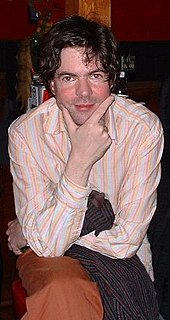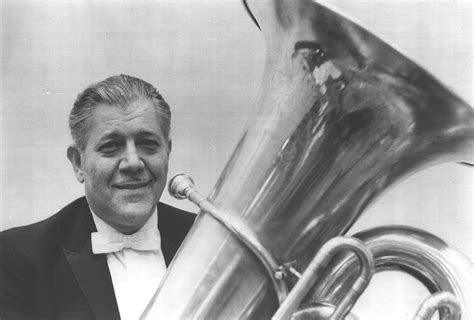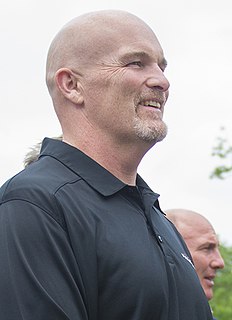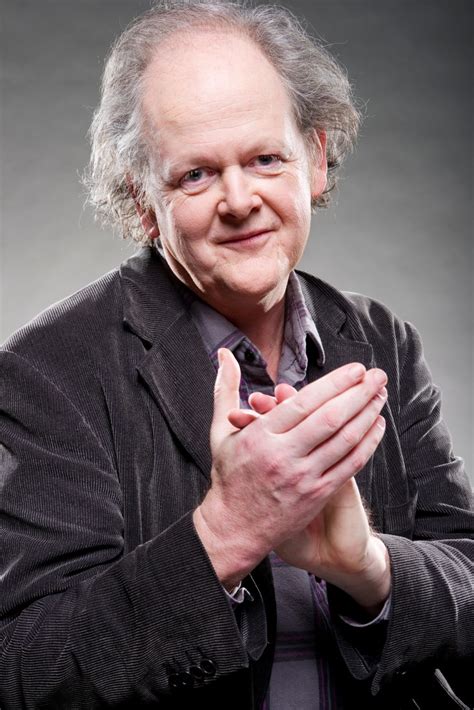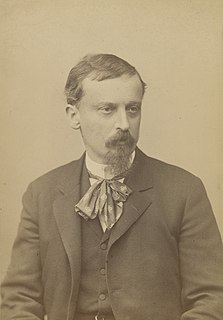A Quote by Jennifer Higdon
As a consequence, I think of the idea of 'common practice' at any time as something that can only be seen by looking backwards. Maybe around the turn of the 20th century there might have been some kind of common practice but now it looks to me like the boundaries have come down.
Related Quotes
We're living in a time when pretty much anything can happen in the music world. There are a lot of musical languages in which people work. When I think of common practice I think back to the time I was studying the flute, where I learned that in the Baroque period many things were not notated, since they were understood - that was because of common practice.
We have a common enemy. We have this in common: We have a common oppressor, a common exploiter, and a common discriminator. But once we all realize that we have this common enemy, then we unite on the basis of what we have in common. And what we have foremost in common is that enemy - the white man. He's an enemy to all of us. I know some of you all think that some of them aren't enemies. Time will tell.
The only thing I can say that is not bullshit is that you do have to learn to write in a way that you would learn to play the violin. Everybody seems to think that you should be able to turn on the faucet one day and out will come the novel. I think for most people it's just practice, practice, practice, that sense of just learning your instrument until - when you have an idea on the violin, you don't have to translate it into violin-speak anymore - the language is your own. It's not something you can think your way into, or outsmart. you've just got to do it.
The only thing you really have to practice is your ability. And this is something I do all the time. I try to teach my hand to do what I'm hearing in my head at any given second. I don't sit around and practice scales. I sit around and just try to make sure my hands are following what's coming to me.
I can't say that there's a common practice that has to do with pitch language or with the way pieces are put together because today, anything is fair game. As far as I'm concerned, my own common practice is a piece that engages the attention of listeners from beginning to end, and doesn't rely on or expect the listener to zone out.
There should be a period of time during each practice session when you perform. Invite some friends in to your practice room and play a passage or a page of something. ... What I'm trying to indicate is that each day should contain some amount of performing. You should engage in the deliberate act of story telling each day you practice. Don't only gather information when you practice, spend time imparting it. This is important.
What binds us together is not common education, common race, common income levels, common politics, common nationality, common accents, common jobs, or anything else of that sort. Christians come together because they have all been loved by Jesus himself. They are a band of natural enemies who love one another for Jesus' sake.
I know from experience that to one who thinks much and feels deeply, it often seems that he has only to put down his thoughts and feelings in order to produce something altogether out of the common; yet as soon as he sets to work he falls into a certain mannerism of style and common phraseology; his thoughts do not come spontaneously, and one might almost say that it is not the mind that directs the pen, but the pen leads the mind into common, empty artificiality.




